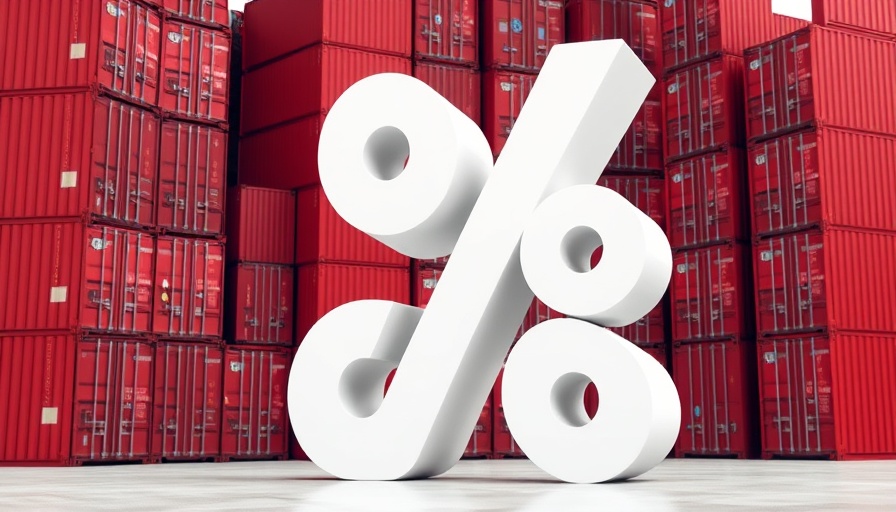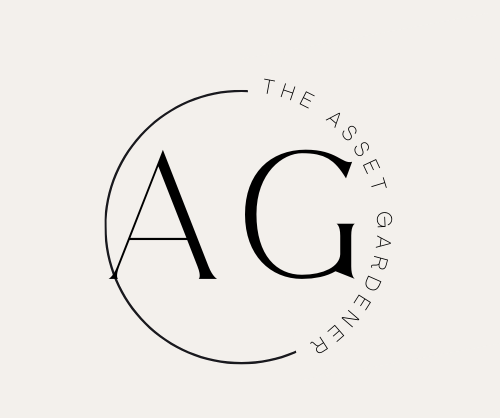
Understanding Supply Shocks and Their Impact on Investments
In recent years, tariffs have returned to the forefront of economic discussions, particularly as they pose unique challenges and opportunities for investors. As entrepreneurs, small business owners, and freelancers grapple with these changes, understanding how tariffs function as supply shocks can provide crucial insight into investment strategies. Tariffs adjust relative prices, causing import costs to surge. This reaction can create a cascade effect on inflation, impacting various asset classes significantly.
The Economic Riddle of Tariffs and Inflation
Tariffs raise the cost of imported goods, leading to increased headline inflation as they interrupt traditional market dynamics. As firms experience short-run price rigidity, the immediate fallout is an inflationary spike, even as demand softens. This phenomenon serves as a reminder of our interconnected economic landscape where external factors continually exert influence.
Decoding Asset Class Responses to Inflation Shocks
To navigate this financial terrain, it’s essential to decipher how different asset classes respond to these inflation shocks. Historically, specific assets react differently to inflation pressures, and understanding these reactions can aid in effective portfolio management. For instance, equities might perform differently than bonds amid inflationary trends, demanding strategic reallocations depending on market scenarios.
Proactive Strategies for Investors in an Era of Tariffs
Given the current climate of shifting tariffs and corresponding inflation, investors must adopt a proactive approach to safeguard and potentially grow their portfolios. This could include diversifying investments across asset classes, closely monitoring consumer inflation expectations, and being ready to pivot strategies based on economic data trends. By doing so, financial success can be achieved even amidst turbulent economic influences.
Call to Action
As an entrepreneur or investor, it is crucial to stay informed about how tariffs influence inflation and investment returns. Consider engaging with financial professionals or utilizing resources to further explore how you can strategically position your investments to thrive in this evolving market landscape.
 Add Row
Add Row  Add
Add 




 Add Row
Add Row  Add
Add 
Write A Comment